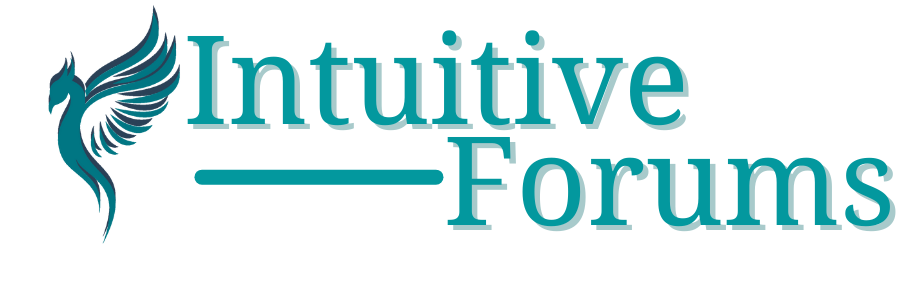Forums › Forums › Magic, Witchcraft and Healing › What makes witchcraft different from other forms of magic
-
CreatorDiscussion
-

markParticipantHi, I’m pretty new when comes to the occult and am just curious what the definition of witchcraft is from the perspective of a witch, and also what makes it different form other forms of magic.
-
CreatorDiscussion
-
What makes witchcraft different from other forms of magic
-
ashvantcap
GuestAugust 19, 2021 at 8:39 pmFrom what I understand witchcraft is the practices and things a witch does: witch’s craft.
-
Schizolina
GuestAugust 19, 2021 at 8:39 pmWitchcraft’s singularity is imo that it originally was “just” the skill of entering trances and communicating with spirits. That’s what all the European witchcraft through history boils down to: the practice of – voluntarily or not – entering trances and talking to spirits. Everything else we did and do are additions, either deriving from whatever religious or ceremonial (i.e. accepted) forms of magick we were/are exposed to or – just as often – inspired by the trances and the spirits we court, and the circumstances in which we find ourselves in our everyday life. You can say there is a great deal of overlapping between most forms of witchcraft and other types of magick, but they are all usually identifiable as Their Own Things through specifics such as philosophy, methods and content.
**tl;dr – Witches cackles, other magick workers don’t. =D**
-
Cibex
GuestAugust 19, 2021 at 8:39 pmProbably the price tag and fakelore attached to a lot of the modern practice. A focus on “good vibes only” rather than any actual research into the history of practices.
In all honesty though witchcraft is difficult to completely define as its definition varies depending on the society, culture and period you’re looking at. What was a witch to the Romans wasn’t a witch to the Persians or Puritans for example. Prof. Ronald Hutton actually dives into the archetype of the witch in his work “The Witch” and I’d really recommend reading it.
On the whole though there are a few common threads: knowledge on the use of plants and ingredients to affect magical workings (healing or baneful), a folk aspect (witch craft is predominantly associated with lower socio-economic classes), and often women* (although not exclusively). It’s also very much concerned with the concerns of folk communities: healing, familial prosperity, minor divination and the creation and removal of curses. Compare this to the ritualistic magic of occultism which is very much focused on ceremony and ritual alongside far more esoteric aims such as understanding the world, enlightenment and knowing the divine. A good portrayal of this is the Discworld’s portrayal of Witches and Wizards.
*remember that most societies have / are patriarchal, with knowledge and power retained by men, so women displaying knowledge and such is subversive so accusations of witchcraft against knowledgable women (not intelligent per se, as they didn’t have to be learned, just knowledgable) was often used to discredit or remove a subversive threat. In fact midwives were often targets for such accusations.
-
nation543
GuestAugust 19, 2021 at 8:39 pmWitchcraft is a practice and in my opinion, everything derives from the practice.
-
dianenguyen1
GuestAugust 19, 2021 at 8:39 pmAs u/Cibex noted, what is considered witchcraft varies greatly by culture and time period. I also agree with the general characterization of the archetype of the witch.
However, I will also note that many modern English-language practitioners use “witchcraft” as an umbrella term, and there’s a lot of overlap and syncretism between what might more traditionally be called “witchcraft” with various different forms of folk magic, ceremonial magic, chaos magic, divination, spiritualism, occultism, paganism, New Age, spirituality, and religion. Because most people are coming from a pretty homogeneous context (e.g. Christian hegemony), people with any sort of magical or otherwise minority spiritual/religious leanings often group up under the labels “witchcraft” and “paganism” regardless of whether other labels might be more strictly accurate. There’s a shared sense of community and solidarity despite differences in beliefs and practices, which is super valuable, although I also would very much like more niche terms to come into mainstream usage.

